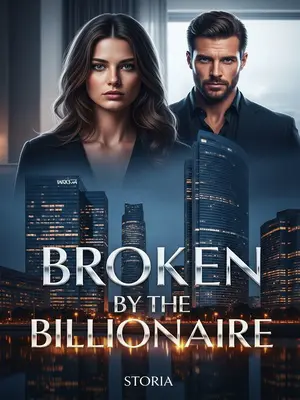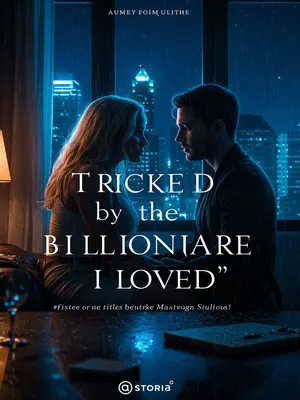Chapter 5: Rock Bottom
I heard from friends that he showed up at my old coffee shop, hoping I’d walk in. He left notes with the barista, just in case. It was the kind of heartbreak you read about in novels, but living it was something else.
For a month and a half, he kept trying. Then, suddenly, all contact stopped. He never reached out again.
I checked my phone every morning, hoping for a message. When it didn’t come, I told myself it was for the best. I tried to move on, but his absence felt like a bruise.
I worried something had happened to him. Our mutual friends said he was fine, just hadn’t shown up for a long time. At least he was still around.
They said he’d buried himself in work, rarely went out. I wondered if he hated me, or if he’d already forgotten.
Flowers are at their most beautiful before they wilt. People are most sentimental at parting.
I kept his last bouquet pressed between pages of my journal, petals faded and fragile. Sometimes I’d catch the scent, and it would all come rushing back.
It took me half a year to erase his traces, and another year for the pain of remembering him to fade.
I boxed up old photos and deleted his number. My friends dragged me out for drinks, insisting I deserved better. I pretended to agree.
Later, I gained some fans and a relatively stable income. Harrison Caldwell became like an occasional illness—it didn’t matter when it flared up, but it always wore me down.
I’d see his name in business magazines or on social media, and my heart would skip. It was a dull ache, familiar and unwelcome.
Unexpectedly, everything changed in a year. The supporting actress who’d argued with me during a web drama suddenly exploded in popularity overnight. My resources were never great to begin with, and they were snatched away, again and again, while I was suppressed repeatedly. Other artists in the company had rumored scandals, which were conveniently pinned on me. No one refused a useful scapegoat.
My agent stopped answering my calls. Producers ghosted me. The only messages I got were from tabloids, asking for a comment on some new rumor.
After being sidelined for half a year, my agent warned me: if I didn’t fight for opportunities, I’d never meet the performance clause in my contract. She pointed out a path: find a sponsor.
She called me into her office, voice low and urgent. "Riley, you need someone in your corner. That’s how this industry works."
I tried. She picked a relatively young, slim sponsor—at least he didn’t look like he had a wife or was expecting a child. It was hard for her to find someone decent among all the potbellied bosses. I thanked her sincerely—then refused the room key.













